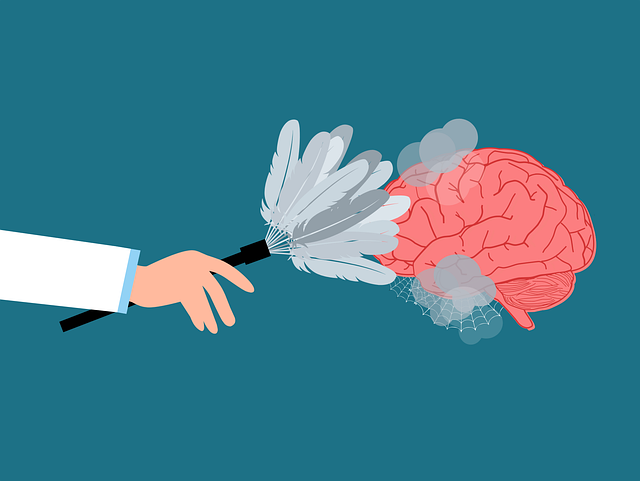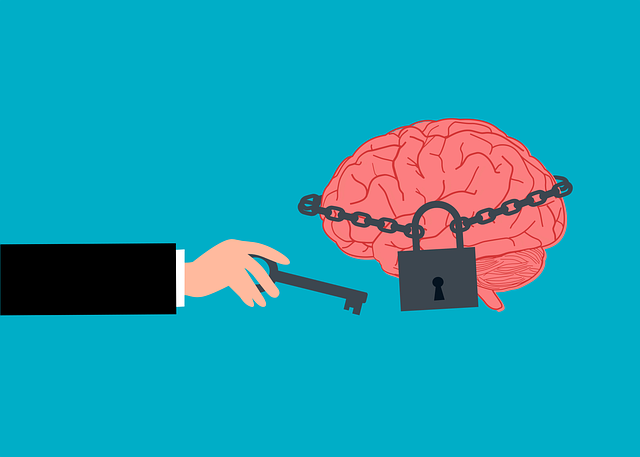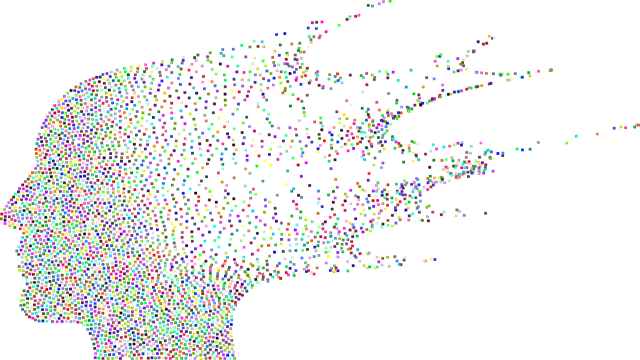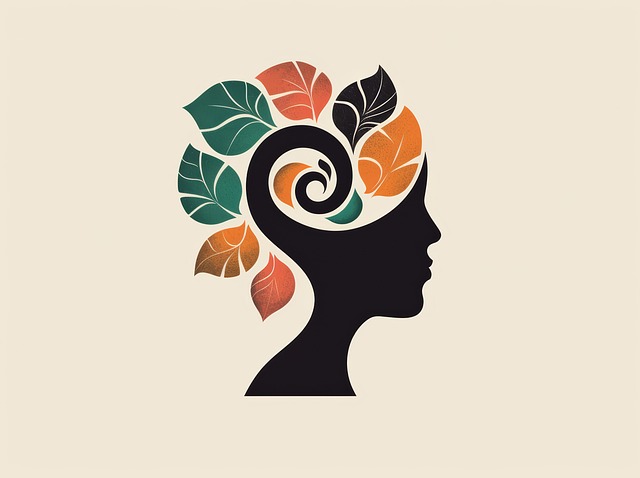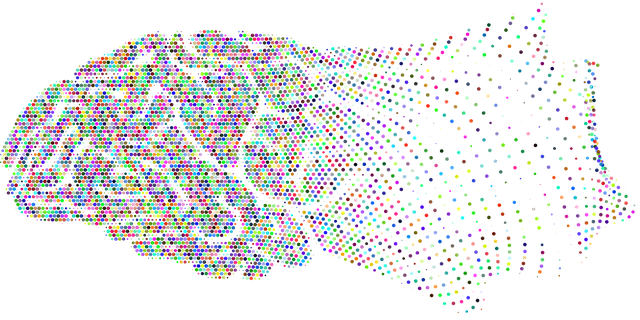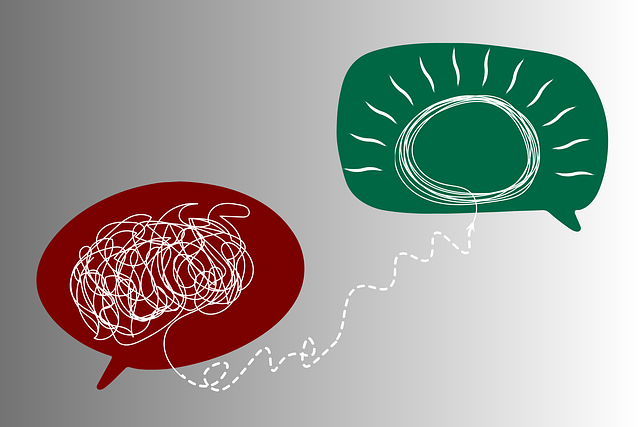Castle Rock Gender-Affirming Care Therapy (CRGACT) enhances Emotional Intelligence (EI) through specialized programs focusing on self-awareness, emotion regulation, and interpersonal skills. CRGACT helps clients recognize and manage their emotions, as well as understand others', fostering safe, supportive environments for personal growth. Beyond therapy, EI improves relationships, career satisfaction, and mental health. Cultural sensitivity and trauma support services ensure inclusive care, addressing emotional resilience and self-acceptance for all individuals.
Emotional intelligence (EQ) is a vital skill set that enables individuals to understand, manage, and navigate their own emotions while connecting empathetically with others. This article explores the profound impact of EQ on personal growth and relationships. We delve into the role of Castle Rock gender-affirming care therapy in fostering emotional awareness and its unique approach to enhancing EQ. Additionally, discover practical strategies for developing empathy and communication skills, essential tools for thriving in today’s interconnected world.
- Understanding Emotional Intelligence and Its Impact
- The Role of Castle Rock Gender-Affirming Care in Building EQ
- Strategies to Enhance Emotional Awareness and Regulation
- Practicing Empathy and Effective Communication Skills
Understanding Emotional Intelligence and Its Impact

Emotional intelligence (EI) is a crucial aspect of human interactions and well-being. It involves recognizing, understanding, and managing one’s own emotions, as well as empathizing with others. In the context of Castle Rock Gender-Affirming Care Therapy, EI plays a pivotal role in fostering meaningful connections and enhancing therapeutic outcomes. By integrating empathy building strategies, therapists can create a safe and supportive environment that encourages clients to explore their feelings and develop coping skills.
The impact of EI extends beyond therapy sessions, influencing various aspects of life including relationships, career satisfaction, and overall mental health. Cultural sensitivity in mental healthcare practice is also integral to effective EI, ensuring that therapeutic approaches are inclusive and respectful of diverse backgrounds. This holistic understanding empowers individuals to navigate complex social dynamics with greater self-awareness and compassion, ultimately leading to improved emotional resilience and personal growth.
The Role of Castle Rock Gender-Affirming Care in Building EQ

Castle Rock Gender-Affirming Care Therapy plays a pivotal role in enhancing emotional intelligence (EQ). This therapeutic approach is designed to support individuals in understanding and managing their emotions, as well as empathizing with others—essential components of EQ. Through Castle Rock’s specialized programs, clients engage in self-awareness exercises that encourage them to recognize and accept their feelings, fostering inner strength and resilience.
The process involves exploring personal experiences, challenging gender stereotypes, and developing adaptive coping strategies. These techniques not only contribute to mental wellness coaching programs but also empower individuals to navigate complex social dynamics with greater confidence. By integrating self-acceptance and empathy into their lives, clients can build a stronger foundation for healthy relationships and effective communication—key aspects of emotional intelligence development.
Strategies to Enhance Emotional Awareness and Regulation

Building emotional intelligence involves cultivating a deeper understanding and management of one’s feelings. This journey starts with heightened emotional awareness—recognizing and labeling your emotions accurately. Castle Rock Gender-Affirming Care Therapy offers valuable techniques to help individuals become more attuned to their internal experiences. Through therapy sessions, clients learn to identify triggers and patterns associated with specific emotions, fostering a profound sense of self-awareness.
Regulating these emotions is the next critical step. Mental wellness coaching programs can guide individuals in developing healthy coping mechanisms tailored to their unique needs. By integrating cultural sensitivity into mental healthcare practice, therapists support clients in navigating emotional challenges while respecting diverse backgrounds and experiences. Trauma support services are also integral, helping individuals process and overcome past traumas that may impact their present emotional responses.
Practicing Empathy and Effective Communication Skills

Building emotional intelligence involves honing skills that foster deeper connections and understanding with others—a cornerstone of Castle Rock Gender-Affirming Care Therapy. Empathy, in particular, is a powerful tool for cultivating genuine relationships. Practicing active listening allows individuals to tune into another’s emotions, perspectives, and experiences, creating a safe space where vulnerability can thrive. By acknowledging and validating feelings, even those that may be difficult or conflicting, empathy strengthens bonds and encourages open communication.
Effective communication skills are similarly integral to emotional intelligence development. Expressing thoughts, feelings, and needs clearly and respectfully enables individuals to navigate interpersonal interactions with ease. This includes not only verbal communication but also recognizing and responding appropriately to non-verbal cues—a key aspect that Castle Rock Gender-Affirming Care Therapy emphasizes in its crisis intervention guidance and trauma support services. Incorporating these skills into daily life enhances mental wellness, fostering a deeper sense of connection and understanding within personal relationships and beyond.
Emotional intelligence is a powerful tool for personal growth and relationship building. By understanding and managing our emotions, we can create more meaningful connections and lead happier lives. Castle Rock Gender-Affirming Care Therapy offers a unique approach to enhancing emotional intelligence through tailored support and guidance. Through strategies like increased emotional awareness, empathy development, and effective communication skills, individuals can improve their EQ significantly. These techniques are crucial in navigating personal and professional relationships, leading to improved mental health and overall well-being.
